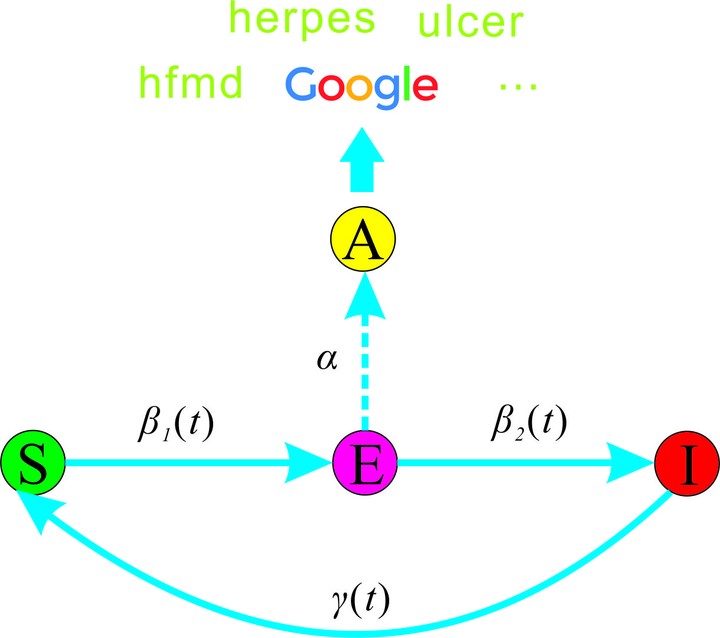A Unified Framework of Epidemic Spreading Prediction by Empirical Mode Decomposition- Based Ensemble Learning Techniques

Abstract
In this paper, a unified susceptible-exposed-infected-susceptible-aware (SEIS-A) framework is proposed to combine the epidemic spreading process with individuals’ self-query behaviors on the Internet. An epidemic spreading prediction model that contains two phases is established based on the SEIS-A framework. To deal with the nonstationary complex characteristic of the time series data of disease density, it is decomposed through the empirical mode decomposition (EMD) method to obtain the intrinsic mode functions (IMFs) in phase I. To enhance the prediction performance, the ensemble learning techniques that use the self-query data as an external input are applied to these IMFs in phase II. Finally, an empirical study on the prediction of weekly consultation rates of hand-foot-and-mouth disease (HFMD) in Hong Kong is conducted to validate the effectiveness of the proposed method. The main advantage of this method is that it outperforms other learning methods on fluctuating complex epidemic spreading data.
Supplementary notes can be added here, including code and math.